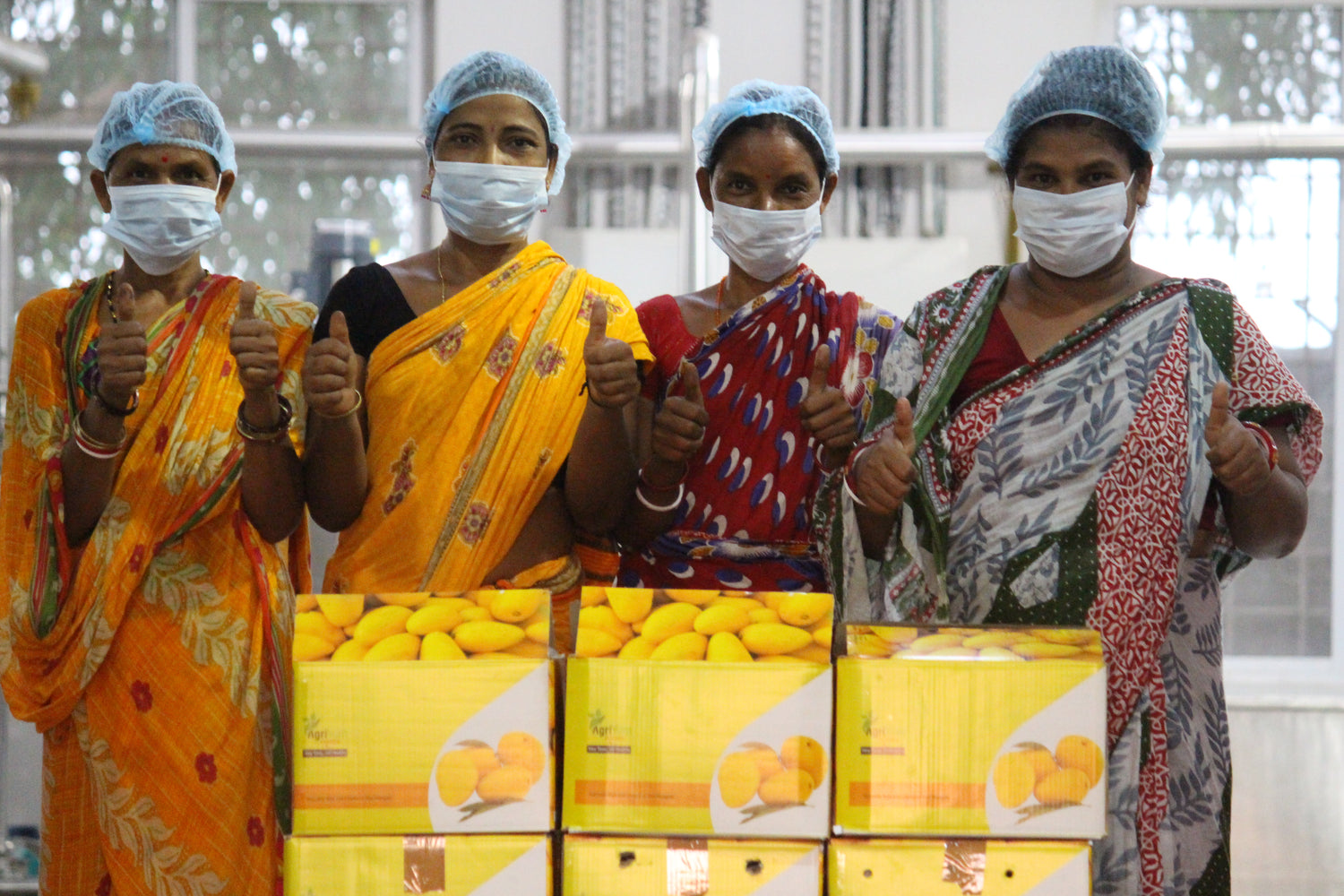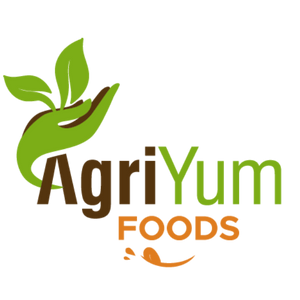Hydroponic Consultant Program
Hydroponic gardening offers an excellent solution for year-round, soil-less cultivation, making it ideal for individuals with limited space or challenging weather conditions. Here are the key benefits and setups for home or hobby hydroponics:

Benefits of Hydroponic Gardening:
- Soil Less: Hydroponics doesn't rely on soil quality, offering a cleaner and less messy gardening experience.
- Uses Less Water: The water-based system allows precise control over water usage, making it an efficient and water-saving method.
- Grow Anywhere: Hydroponic systems can be installed in various spaces, whether it's a rooftop, backyard, balcony, walkway, or indoors.
- Grow Year-Round: Independent of soil, sunlight, or weather, hydroponics enables continuous cultivation throughout the seasons.
- Produces More: Efficient resource utilization in hydroponic systems results in faster crop production compared to traditional soil-based gardens.
- No Pests, Diseases, or Weeds: Growing without soil reduces the risk of dealing with pests, diseases, and weeds.
Hydroponic Setups for Home or Hobby Gardening:
Rooftop Hydroponics Garden: Ideal for urban areas with limited farmable land, rooftop hydroponics systems provide fresh, pesticide-free vegetables.
Backyard Hydroponics Garden: Utilize shared backyard spaces for a family-friendly gardening experience, fostering an understanding of natural growth cycles.
Balcony or Walkway Hydroponics Garden: Perfect for apartment dwellers, this setup brings fresh produce to your table, utilizing limited space efficiently.
Indoor or Kitchen Hydroponics Garden: Water-smart and pesticide-free, indoor hydroponic setups allow year-round cultivation of herbs, vegetables, and fruits in homes, offices, or restaurants.
Rooftop Greenhouse and Gardens: Implemented globally, these structures provide controlled environments for hydroponic cultivation in both urban and rural settings.
What Can I Grow?
Hydroponics offers a versatile range of crops for cultivation:
- Vegetables: Lettuce, Kale, Pokchoy, Cabbage, Cauliflower, Broccoli, Spinach, Asparagus, Beans, Swiss Chard, and more.
- Herbs: Basil, Chives, Parsley, Rosemary, Mint, Sage, Thyme, Coriander, Oregano, and others.
- Vine Crops: Tomato, Cherry Tomato, Cucumbers, Bell Peppers, Hot Peppers, Eggplants, Peas, Okra, Zucchini, and more.
Reserve My Free Consultation
FAQs
What is hydroponics?
Hydroponics is a method of growing plants without soil. Instead, it relies on a nutrient-rich water solution to deliver essential nutrients directly to the plant's roots.
Why choose hydroponics over traditional soil gardening?
Hydroponics can offer several advantages, including faster growth, increased yield, better control over nutrient levels, and the ability to grow in limited space or poor soil conditions.
What types of plants can be grown hydroponically?
Most plants can be grown hydroponically, but it's commonly used for vegetables, herbs, and flowering plants. Popular choices include tomatoes, lettuce, basil, and peppers.
How do I set up a hydroponic system?
Hydroponic systems vary widely, but they typically involve a container for the plants, a nutrient reservoir, a water pump or air stone for oxygenation, and a method for delivering nutrients to the plants. Specific setup instructions depend on the type of hydroponic system you choose.
What types of hydroponic systems are there?
There are several types of hydroponic systems, including Deep Water Culture (DWC), Nutrient Film Technique (NFT), Drip Systems, Wick Systems, and more. Each has its own advantages and requirements.
What nutrients do hydroponic plants need?
Hydroponic plants require a mix of essential nutrients, including nitrogen, phosphorus, potassium, calcium, magnesium, and trace minerals. These nutrients are usually provided in water-soluble form.
How do I maintain pH levels in a hydroponic system?
Maintaining the pH level is crucial in hydroponics. You can use pH meters and adjust the pH using pH-up and pH-down solutions to keep it within the optimal range for your plants (typically around 5.5 to 6.5 for most crops).
Is hydroponics more water-efficient than traditional gardening?
Yes, hydroponics is often more water-efficient because it recirculates water, reducing the overall water consumption compared to traditional soil gardening.
What are common pests and diseases in hydroponics, and how do I manage them?
Pests like aphids and whiteflies, as well as diseases like root rot, can affect hydroponic systems. Integrated pest management (IPM) strategies, proper sanitation, and monitoring can help control these issues.
Can I grow organic hydroponic crops?
Yes, it's possible to grow organic hydroponic crops by using organic nutrients and following organic practices. Look for organic-certified nutrients and substrates.
How often should I change the nutrient solution in my hydroponic system?
The frequency of nutrient solution changes depends on the system type and the size of your reservoir, but it's generally recommended to change it every 1-2 weeks.
What is the ideal temperature and humidity for a hydroponic grow room or greenhouse?
Temperature and humidity requirements vary by plant type, but a typical range is around 70-80°F (21-27°C) for temperature and 50-70% humidity.
Do I need special lighting for hydroponic plants, and what is the best type of grow light to use?
Hydroponic plants often require specialized grow lights, such as high-intensity discharge (HID), LED, or fluorescent lights, to provide the right spectrum and intensity for optimal growth.
Can I grow hydroponically outdoors, or is it strictly an indoor method?
Hydroponics can be used both indoors and outdoors, but outdoor hydroponic systems may require additional considerations like protection from weather and pests.
How do I know if my hydroponic plants are receiving the right amount of nutrients?
Regular monitoring of nutrient levels, electrical conductivity (EC), and pH levels, along with observing plant growth and health, can help you determine if your plants are receiving the proper nutrients.
Are there any common mistakes to avoid when starting with hydroponics?
Common mistakes include over or underfeeding plants, neglecting pH and EC levels, inadequate lighting, and poor system maintenance. Research and proper planning can help you avoid these pitfalls.
Can I use tap water in my hydroponic system, or should I use filtered or purified water?
It depends on your local water quality. In some areas, tap water may contain excessive minerals or contaminants that can harm hydroponic plants, so using filtered or purified water may be advisable.
What are the benefits of using a recirculating hydroponic system vs. a non-recirculating system?
Recirculating systems reuse nutrient solution, which can be more resource-efficient, while non-recirculating systems often use a drain-to-waste approach, providing more precise control over nutrient levels.
Can I grow hydroponic plants without artificial fertilizers?
While hydroponics typically relies on synthetic or mineral-based fertilizers, it is possible to experiment with organic hydroponics using organic nutrient sources like compost teas or fish emulsion.
How do I troubleshoot common issues in a hydroponic system, such as yellowing leaves or slow growth?
Troubleshooting involves identifying and addressing problems like nutrient deficiencies, pH imbalances, inadequate lighting, or disease. Conduct regular checks and research specific symptoms to diagnose and solve issues

Our Team's Unwavering Commitment
We deeply appreciate the relentless dedication and hard work of our entire team. Their commitment to quality ensures that our customers receive the best mangoes, from our farm to their tables.
